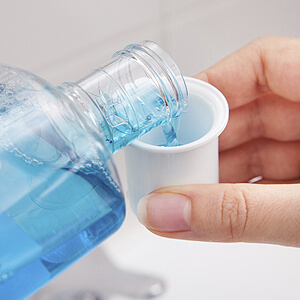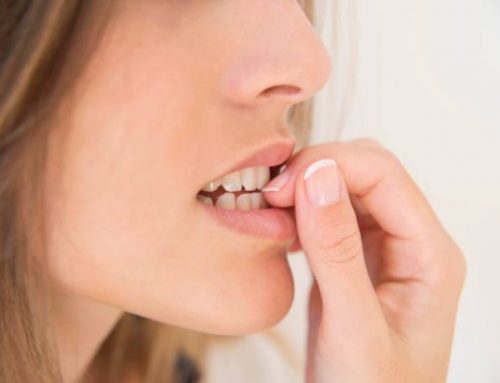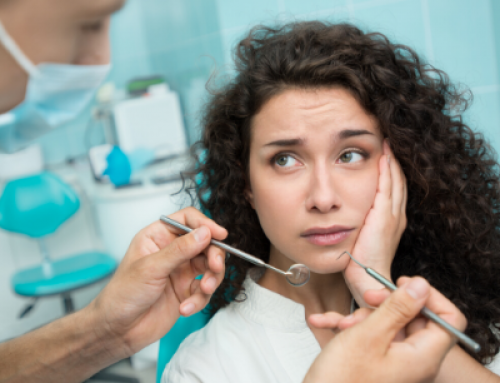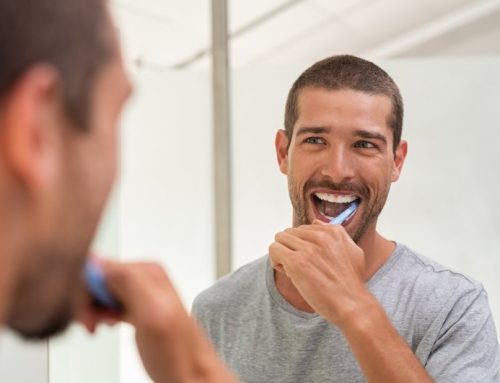 The mouthwash industry is a large and growing market both here in New Zealand and worldwide. In supermarkets, pharmacies, department stores, discount retailers – not to mention dental clinics – you are faced with a dazzling array of choices. But do you need to use a mouthwash regularly? And with so many products out there claiming to address different aspects of your oral health, how do you know which one is right for you? Antibacterial? Freshens breath? Reduces cavities? Antiseptic? Prevents plaque? Healthy gums?
The mouthwash industry is a large and growing market both here in New Zealand and worldwide. In supermarkets, pharmacies, department stores, discount retailers – not to mention dental clinics – you are faced with a dazzling array of choices. But do you need to use a mouthwash regularly? And with so many products out there claiming to address different aspects of your oral health, how do you know which one is right for you? Antibacterial? Freshens breath? Reduces cavities? Antiseptic? Prevents plaque? Healthy gums?
Types of Mouthwash
There are a number of brands of mouthwash on the New Zealand market, each promoting different properties. In broad terms, a mouthwash generally falls into one of these categories:
- Antimicrobial – designed to kill, or render inactive, types of microbes such as fungi, bacteria, parasites and viruses.
- Antibacterial – designed to kill, slow down or render inactive bacteria.
- Antiseptic – designed to reduce the risk of infection in a specific area of the body by working against types of microbes.
- Containing chlorhexidine – an antiseptic agent used to combat plaque and gingivitis, and therefore often recommended for people fighting against gum disease.
Should Mouthwash Be Part Of Your Daily Routine?
It’s possible that some types of mouthwashes may actually be doing us more harm than good. Antimicrobial mouthwash works against many types of microbes, or microorganisms, in your mouth. Current research indicates that many of these oral microorganisms are beneficial to us, and therefore antimicrobial mouthwashes could actually be detrimental to our health.
Dr Alex McIntosh recommends caution in using a mouthwash regularly for a number of reasons. After more than 40 years as a Dentist at the cutting edge of new technology, techniques, products and equipment, Dr McIntosh maintains that most people have no need to use a mouthwash every day if they have good brushing and flossing routines. He supports the current research theories that we have “good bacteria” in our bodies that play important roles and should not be eliminated. Think of the vital role that good bacteria plays in our gut – this same principle applies to the microbes in our mouth which have beneficial effects on our health.
Excessive use of some types of mouthwashes can cause side effects such as staining, dryness in the mouth and a sensation of burning. Dr McIntosh has also seen first-hand how people have been tempted to compromise their daily brushing and flossing routines in lieu of using a mouthwash. Brushing and flossing are paramount to having good oral health and a mouthwash cannot replace that.
“The natural biofilm in your mouth is an important protection for your gums and teeth, and a mouthwash can remove this protective biofilm layer,” says Dr McIntosh. “Regular brushing and flossing as advised by your dentist and/or dental hygienist is the most effective way to prevent tooth decay and gum disease and keep your mouth healthy. Do not waste your money on mouthwashes as they do not provide any real long term benefit to your oral health.”
Always talk to your Dentist about whether or not you should use a mouthwash. There are some circumstances in which it is recommended, for example for a short time after an oral surgical operation. If there is a need, your Dentist will advise you on the type to use, as well as how often and for how long to use the mouthwash for.




